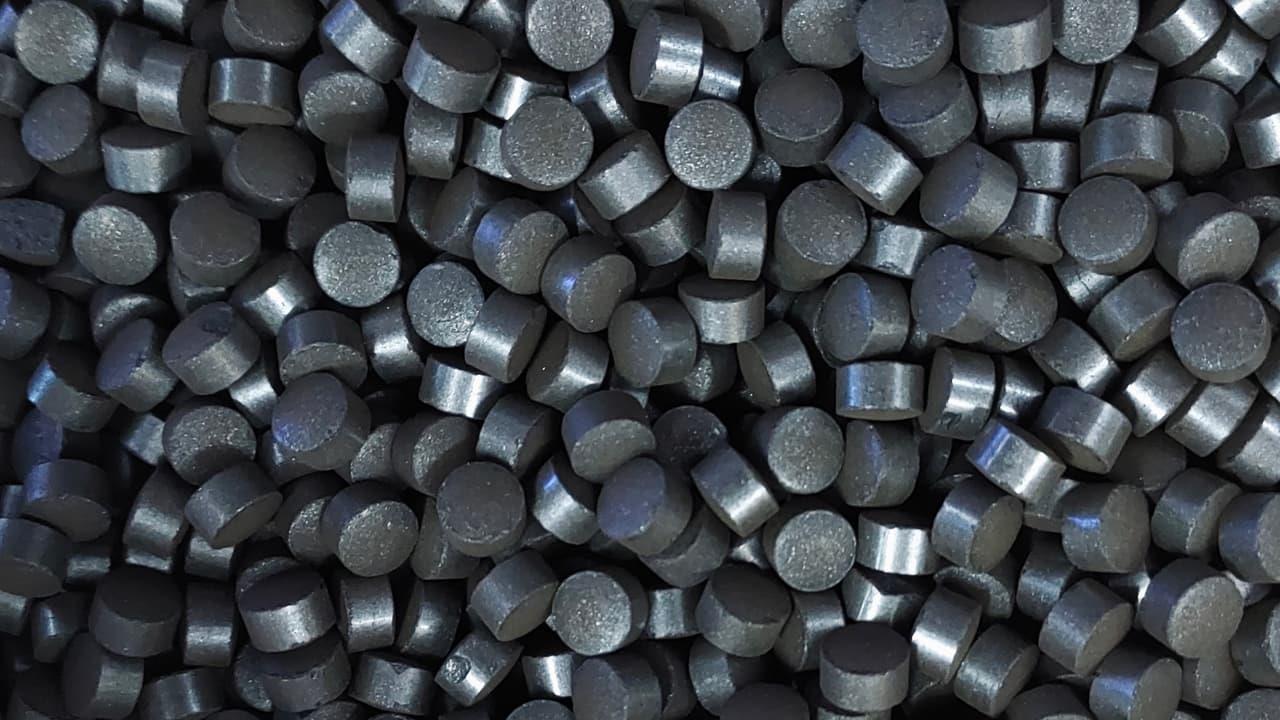A Simple Metal May Unlock The Future Of Plastic Recycling
Scientists at Northwestern University have developed a nickel-based catalyst that transforms hard-to-recycle plastics into fuels, oils, and waxes. This breakthrough could eliminate sorting, boost recycling rates, and reduce global plastic waste.
Researchers have developed a nickel-based catalyst that can transform some of the toughest plastics-known as polyolefins-into useful materials like oils, waxes, fuels, and even candles.
- Polyolefins make up nearly two-thirds of all plastic we use daily, from milk jugs and shopping bags to snack wrappers and disposable utensils. Until now, they've been notoriously difficult to recycle because of their tough carbon-to-carbon bonds.
Traditional recycling requires meticulous sorting. A ketchup bottle can't go in with a milk jug, and even small contaminants like food residue can ruin an entire batch. Most of that waste ends up in landfills, where it lingers for decades, slowly breaking down into harmful microplastics.
This new process could eliminate the sorting step and recycle mixed plastics in bulk-saving time, money, and resources.
The Northwestern team engineered their nickel catalyst to act like a scalpel instead of a hammer:
- It selectively“cuts” carbon bonds in plastics. It operates at lower temperatures and uses less hydrogen than traditional methods. It requires 10 times less catalyst but delivers 10 times more activity.
In short: better performance with less energy and cost.
Perhaps the most surprising discovery? The catalyst works even in the presence of PVC, a plastic that usually poisons recycling processes. In fact, PVC contamination actually improves the catalyst's performance.
That means plastic waste once considered“unrecyclable” could now be turned into valuable products.
Every year, the world produces over 220 million tons of polyolefin plastics-but less than 10% is ever recycled. If this nickel-based process scales successfully, it could transform global recycling, keeping mountains of plastic out of landfills and oceans.
As lead researcher Tobin Marks puts it:
>“Our new catalyst could bypass costly sorting and make recycling more efficient, practical, and economically viable.”
The team's work, published in Nature Chemistry, is still in research stages, but the results are promising. With backing from the U.S. Department of Energy and industry leaders, this simple metal might become the key to a cleaner, more sustainable future.
Legal Disclaimer:
MENAFN provides the
information “as is” without warranty of any kind. We do not accept
any responsibility or liability for the accuracy, content, images,
videos, licenses, completeness, legality, or reliability of the information
contained in this article. If you have any complaints or copyright
issues related to this article, kindly contact the provider above.
Most popular stories
Market Research

- Daytrading Publishes New Study On The Dangers Of AI Tools Used By Traders
- Primexbt Launches Empowering Traders To Succeed Campaign, Leading A New Era Of Trading
- Wallpaper Market Size, Industry Overview, Latest Insights And Forecast 2025-2033
- Excellion Finance Scales Market-Neutral Defi Strategies With Fordefi's MPC Wallet
- ROVR Releases Open Dataset To Power The Future Of Spatial AI, Robotics, And Autonomous Systems
- Ethereum-Based Meme Project Pepeto ($PEPETO) Surges Past $6.5M In Presale






















Comments
No comment